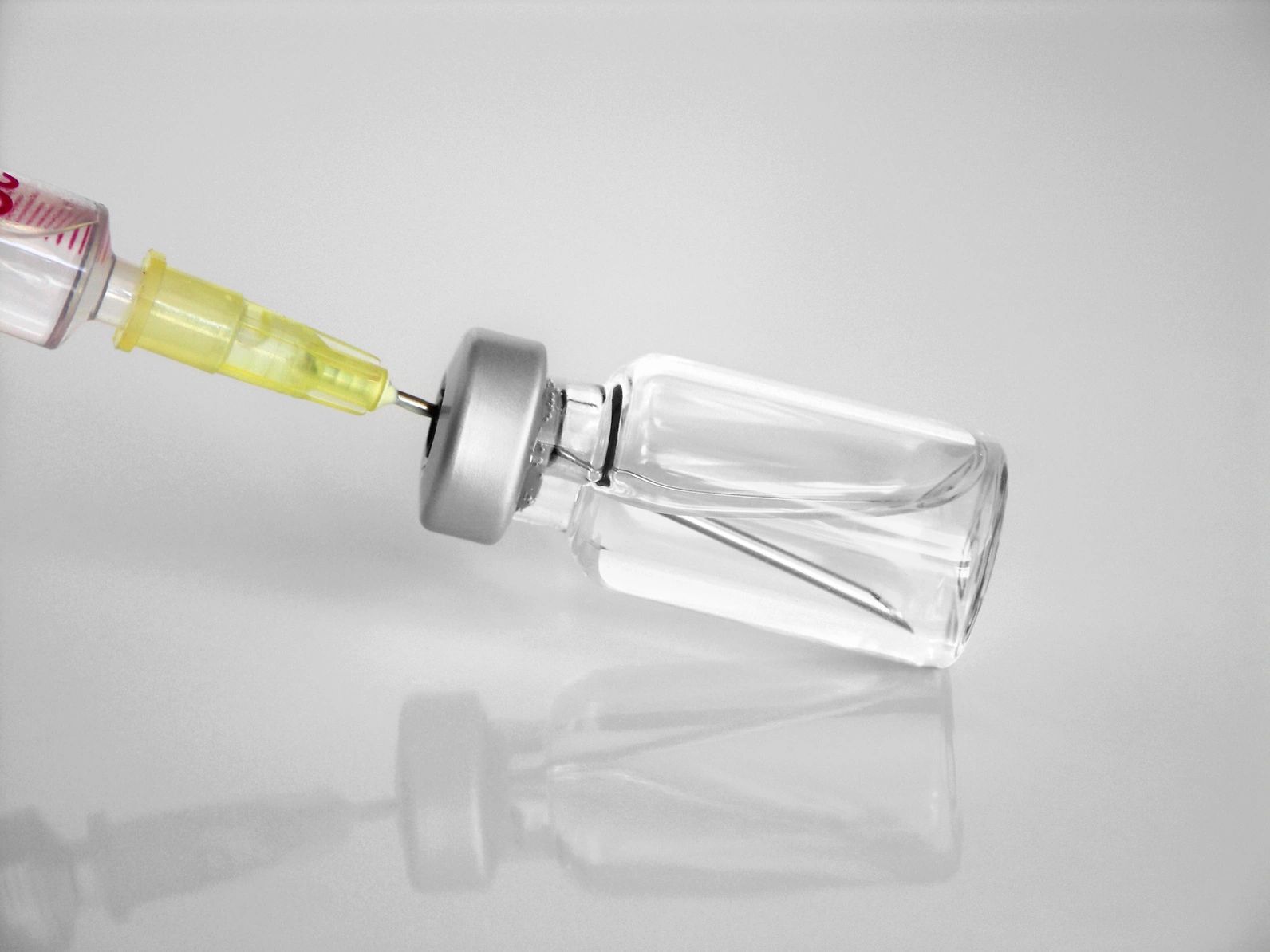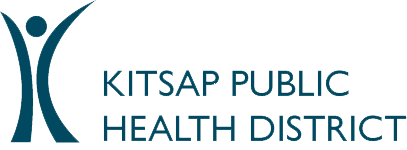
Actions Requested
COVID-19
- Be aware, emergency use of the Novavax COVID-19 vaccine was authorized as a two-dose primary series in individuals 12 through 17 years of age on August 19, 2022 by the U.S. Food & Drug Administration. They analyzed the vaccine in this age group and found it to be safe and effective. The vaccine was previously authorized for individuals 18 years and older.
- Be aware, Pfizer COVID-19 vaccine bivalent booster doses are now fully authorized for use for people ages 12 and older who completed a primary series of COVID-19 vaccine. Moderna bivalent booster doses are authorized for people ages 18 and older.
- FDA FDA authorized, Advisory Committee on Immunization Practices (ACIP) recommended, on Sept. 1, 2022 ACIP’s recommendation was endorsed by Centers for Disease Control and Prevention (CDC) and on Sept 3, 2022 by the Western States Scientific Safety Review workgroup.
- Bivalent booster doses enhance immunity against the ancestral coronavirus strain and protect against newer Omicron variants that account for most current cases.
- Bivalent booster doses provide optimal protection and address waning vaccine effectiveness over time.
- Follow Washington State Department of Health’s (DOH’s) bivalent booster dose eligibility and recommendations:
- To receive a bivalent booster dose, a person must first complete a primary series of Pfizer, Moderna, Novavax or Johnson & Johnson COVID-19 vaccine.
- Pfizer bivalent booster doses are authorized for people 12 years or older, at least 2 months after their most recent dose of COVID-19 vaccine.
- Moderna bivalent booster doses are authorized for people 18 years or older, at least 2 months after their most recent dose of COVID-19 vaccine.
- Children 5–11 years old should continue to receive Pfizer monovalent booster doses, at least 5 months after completing their primary series.
- Booster doses are not authorized for children 6 months–4 years old.
- Number of booster doses previously received does not affect bivalent booster dose eligibility.
- Be aware, DOH anticipates demand for bivalent booster doses will be greater than supply. Focus early administration on:
- Preventing severe illness.
- People 50 years or older.
- People with certain medical conditions.
- Certain people who are immunocompromised.
- Minimizing spread of disease.
- People who live in multigenerational households.
- People who live or work with people at risk of severe illness.
- People who live or work in congregate settings.
- People at higher risk for exposure in their workplace.
- Protecting communities COVID-19 disproportionately impacts. See health equity strategies from CDC and DOH.
- Agricultural workers.
- American Indian.
- Alaska Native.
- Asian.
- Black or African American.
- Latinx.
- LGBTQ+.
- Native Hawaiian.
- Pacific Islander.
- People living homeless.
- People with disabilities.
- People with limited English proficiency.
- Slavic or former Soviet Union communities.
- Preventing severe illness.
- Be aware, FDA removed its authorization of monovalent mRNA COVID-19 vaccines for booster doses for people 12 years or older on August 31, 2022.
- Continue to use Pfizer monovalent COVID-19 vaccines for primary series for those 6 months and older AND booster doses for children 5–11 years old.
- Continue to use Moderna monovalent COVID-19 vaccines for primary series for those 6 months and older; Moderna monovalent vaccines are not approved for any booster doses.
- Know what “up-to-date” vaccine status means now that bivalent booster doses are added to the COVID-19 vaccine schedule:
- You are up-to-date on COVID-19 vaccine when you have completed a primary series and received the most recent booster dose CDC recommends for you.
- CDC recommends everyone 12 years or older get a bivalent booster dose at least 2 months after their last dose of COVID-19 vaccine, whether it was a primary series or previous booster dose.
- Be aware, providers who ordered bivalent booster doses will or have received their initial allocation this week. Weekly allocations will continue, building the state’s inventory levels over time.
- If you paused ordering COVID-19 vaccine, we recommend you order bivalent booster doses when they become more available.
Monkeypox
- Be aware Monkeypox virus (MPV) is an ongoing health emergency. Kitsap County has 3 reported cases. The United States has over 21,000 reported cases. See the Washington State Department of Health’s provider resources monkeypox page for prevention, testing and treatment guidance.
- Report suspected or confirmed Monkeypox cases to Kitsap Public Health within 24 hours. Monkeypox is a notifiable condition. Call (360)-728-2235.
- Be aware, Kitsap County has a limited allocation of JYNNEOS vaccine for prevention and post-exposure prophylaxis. DOH recently expanded vaccine eligibility criteria:
- The following people should be offered vaccination:
- Gay and bisexual men and transgender individuals who have had multiple or anonymous
- People who have used methamphetamine in the last 3 months
- People who have exchanged sex for money, drugs, or other purposes in the past 3 months
- People who have been sexually assaulted, regardless of gender or sexual orientation
- People who have had sexual contact or prolonged skin-to-skin exposure with people who were exposed to MPV
- The following minority populations (among those who meet the above criteria) should be prioritized for outreach and for vaccination:
- Black, Hispanic/Latinx, Native Hawaiian and Other Pacific Islanders, Asian, Indigenous, or American Indian/Alaska Native who are GBMSM
- Individuals who have been diagnosed with early syphilis or gonorrhea in the prior year
- Individuals who have attended a bathhouse or public sex venue, or participated in group sex (sex including >3 people at the same time) in the last 3 months
- Individuals who have experienced homelessness/unstable housing (including living in a shelter, car, or congregate setting; living with friends or relatives; couch surfing; agricultural workers and seafood workers) in the last 3 months
- Individuals who are currently or in the past three months have been incarcerated
- Individuals who are currently taking PrEP to prevent HIV infection
- Be aware Tecovirimat (TPOXX) antiviral is FDA-approved to treat smallpox in adults and children. Because MPV and smallpox viruses are closely related, smallpox drugs and vaccines may be used to prevent and treat MPV infections. However, FDA has not approved TPOXX for other orthopoxvirus infections (i.e., monkeypox). CDC holds a non-research expanded access investigational new drug (EA-IND) protocol that allows use of TPOXX for primary or early empiric treatment of orthopoxvirus infections in adults and children.
- TPOXX is the only drug available to manage MPV symptoms and slow infections. Treatment depends on how sick someone gets or whether they’re likely to get severely ill, such as if they have a weakened immune system. Most people with MPV fully recover in 2–4 weeks without treatment.
- Strategic National Stockpile supplies TPOXX at state health departments’ requests. Currently, DOH works with local health jurisdictions to pre-position supply in each county.
- TPOXX comes in both oral and IV forms. Oral TPOXX is the most common way to take the drug. It is a 14-day treatment taken twice a day.
- Questions about MPV vaccine or treatment? Call (360) 728-2007 or email Immunizations@kitsappublichealth.org.
More Resources
- How to talk to your patients about COVID-19 vaccine, CDC.
- Clinical resources for Pfizer COVID-19 vaccine, CDC.
- Clinical resources for Moderna COVID-19 vaccine, CDC.
- Clinical resources for Johnson & Johnson COVID-19 vaccine, CDC.
- COVID-19 isolation and precautions, CDC.
- Updated COVID-19 vaccination schedule, CDC.
- Pediatric COVID-19 vaccine toolkit for providers with a variety of clinical and training resources for providers.
- COVID-19 guidance for schools and childcare, DOH.
- COVID-19 vaccine booster doses, DOH.
- Moderna bivalent COVID-19 vaccine emergency use authorization (EUA), FDA.
- Pfizer bivalent COVID-19 vaccine EUA, FDA.
- Kitsap Public Health COVID pages.
- MPV page, CDC.
- Kitsap Public Health MPV page.
